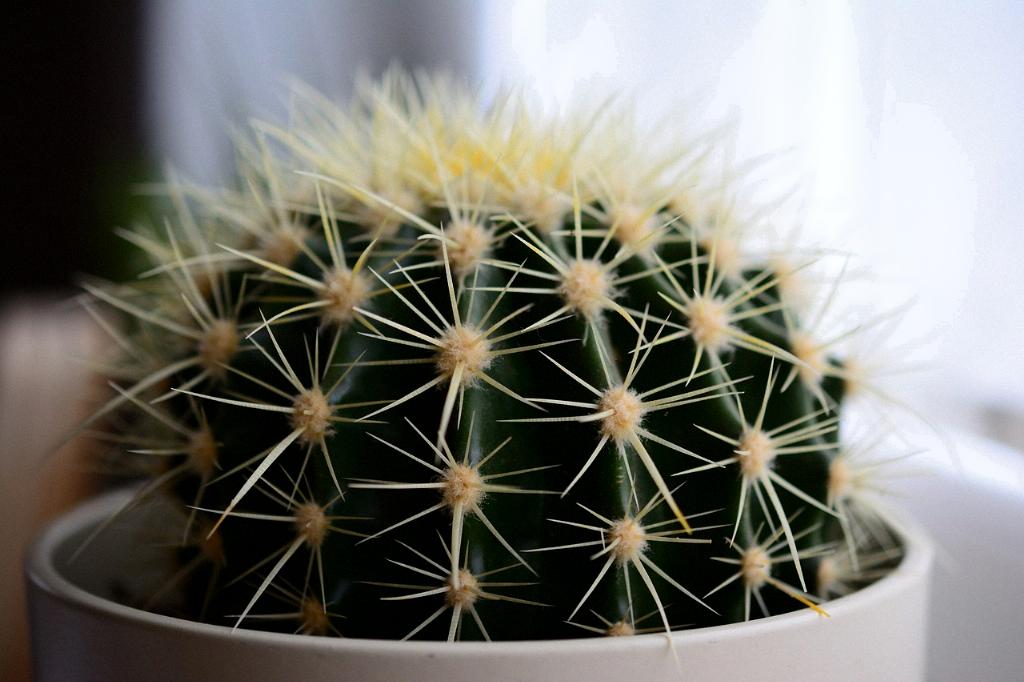When it comes to cacti, the thorny exterior often leads to the misconception that these desert plants are toxic to humans and animals. However, the truth is that while the spines can cause injury if touched or ingested, cacti themselves are not inherently poisonous.
Physical Harm vs. Toxicity
It’s important to differentiate between the physical harm caused by the sharp spines of a cactus and the actual toxicity of the plant. The spines can puncture the skin and cause pain, irritation, and in some cases, infection if not properly treated. However, this is a mechanical injury rather than a toxic reaction.
Eating Cacti
Contrary to popular belief, ingesting a cactus is not necessarily a dire situation. While it is not recommended to consume cacti due to the risk of injury from the spines, eating a cactus will not result in poisoning or illness. Some varieties of cacti, such as the prickly pear, are even edible and can be used in a variety of culinary dishes.
Edible Cacti
Prickly pear cacti, in particular, are known for their sweet and juicy fruits that can be used in salads, jams, sauces, candies, and syrups. These cacti have been a part of traditional diets in certain regions for centuries and are enjoyed for their unique flavor and nutritional benefits.
Potential Risks
While many cacti are not toxic when ingested, there are still some risks to be aware of. Ingesting certain parts of a cactus, such as the skin or seeds, can cause gastrointestinal discomfort or allergic reactions in some individuals. It’s essential to exercise caution and moderation when consuming any part of a cactus.
Handling Precautions
When dealing with cacti, whether for landscaping or culinary purposes, it’s crucial to take proper precautions to avoid injury. Wearing gloves, using tongs or tweezers, and being mindful of the spines can help prevent accidental punctures and the accompanying pain and discomfort.
Pets and Cacti
Pet owners should also be cautious when it comes to cacti in their homes or outdoor spaces. While most cacti are not toxic to pets, the spines can cause physical harm if ingested or stepped on. Keeping cacti out of reach of curious pets and monitoring their interactions with these plants can help prevent accidents.
Consulting a Professional
If you have any concerns about the safety of a particular cactus species or its potential effects on humans or animals, it’s always best to consult with a horticulturist or veterinarian. They can provide guidance on how to handle, grow, or interact with cacti safely and responsibly.

Conclusion
In conclusion, while cacti can be prickly and pose a risk of injury due to their sharp spines, they are not inherently toxic or poisonous. As with any plant or food item, it’s essential to exercise caution, practice proper handling techniques, and be aware of any potential risks associated with cacti. By following these guidelines, you can enjoy the beauty of cacti without fear of poisoning or illness.
